
- “No law shall provide for the compulsory acquisition or use of property without adequate compensation."
PUTRAJAYA (Dec 12): In a landmark judgement, the Federal Court last Friday (Dec 9) ruled that the compensation obtained for properties or land that are forcefully acquired by the authorities should not be subject to income tax.
In coming to the decision, the five-member apex court bench led by Chief Justice Tun Tengku Maimun Tuan Mat also held that Section 4C of the Income Tax Act 1967 (ITA), which was enforced in 2014, is rendered unconstitutional.
Section 4C reads: "For the purpose of paragraph 4(a), gains or profits from a business shall include an amount receivable arising from stock in trade parted with by any element of compulsion including on requisition or compulsory acquisition or in a similar manner."
The Federal Court ruled Section 4C as unconstitutional as it contravened Article 13(2) of the Federal Constitution. Article 13(2), which is under the topic of rights to property, stipulates, “No law shall provide for the compulsory acquisition or use of property without adequate compensation."
The unanimous decision was made last Friday, and lawyers representing Wiramuda Sdn Bhd confirmed this to theedgemarkets.com on Monday
Wiramuda, which owned land in Ampang, Hulu Langat, wanted to develop the land into residential units in 1987 but instead used it for quarry business in the 1990s.
Subsequently, the land was acquired by the Selangor government in December 2017 and saw four of its five plots acquired for the construction of the Sungai Besi Ulu Kelang elevated expressway (SUKE).
Case began in 2019, following IRB’s notice
Sometime in February 2019, the company received a notice from the Inland Revenue Board (IRB) stating that its application for compensation for the compulsory acquisition of the land is subject to income tax under Section 4C of the ITA and a sum of about RM52 million was imposed on the more than RM202 million the company received as compensation.
This led to the company filing a judicial review at the Shah Alam High Court challenging the constitutionality of Section 4C in light of Article 13(2) of the Constitution.
The judicial review was dismissed by the High Court on Sept 29, 2020, and this was upheld by the Court of Appeal on March 7 this year.
As the matter reached the apex court, a question of law was posed before the bench, namely "whether Section 4C of the ITA is in contravention of Article 13(2) of the Constitution as it deprives Wiramuda of adequate compensation granted in the Land Acquisition Act 1960".
Prior to Section 4C being enacted in 2014, companies or properties which are acquired need not pay income tax pursuant to the decision in IRB director-general vs Penang Realty Sdn Bhd in 2006 and Metacorp Development Sdn Bhd vs IRB director-general in 2011.
Wiramuda’s lawyers Datuk DP Naban, S Saravana Kumar and Yap Wen Hui from law firm Rosli Dahlan Saravana Partnership, together with instructing solicitor Fiona Bodipalar from Bodipalar Ponnudurai De Silva, said Section 4C deprived the taxpayer of adequate compensation as prescribed under the Federal Constitution.
They further said the fundamental principle of law sees that the legislature cannot make laws restricting fundamental rights by introducing Section 4C of the ITA.
“Such an attempt would be inconsistent with the principle of constitutional supremacy provided under Article 4(1) of the Federal Constitution as Section 4C undermines the spirit of Article 13(2), to ensure that no one is deprived of his property without adequate compensation.
“We submit that Article 13(2) requires a taxpayer to receive 'adequate compensation' if the land is compulsorily acquired. Hence, the question is whether by taxing the compensation via Section 4C the taxpayer’s fundamental right to 'adequate compensation' is violated or eroded,” they said.
Apex court answered question in the affirmative
The apex court bench, which also included Federal Court judges Datuk Nalini Pathmanathan, Datuk Vernon Ong Lam Kiat, Datuk Zabariah Mohd Yusof and Datuk Mohd Zabidin Mohd Diah, allowed the appeal and answered the legal question posed above in the affirmative.
Saravana Kumar, who confirmed the decision, said this is the first instance in Malaysia where the apex court struck down a provision of the ITA on the grounds of it being unconstitutional.
“This landmark ruling signifies that the Federal Constitution is the supreme law of the land where a law cannot be enacted to overcome the court rulings as Section 4C was enacted to negate the effect of the Penang Realty and Metacorp Developments cases, where the courts have previously held that compensation for compulsory land acquisition is not subject to income tax.
“This ruling has significant impact to taxpayers, especially to property developers who had paid income tax on such compensation in the past,” he said, adding there have been instances where taxpayers have been successful in obtaining refunds for taxes paid for such compensations.
The IRB was represented by Dr Hazlina Hussain, who argued that the Court of Appeal held that Section 4C was rightly enacted by Parliament and was hence constitutional, and the matter should be determined by the Special Commissioners of Income Tax and not via judicial review.
TOP PICKS BY EDGEPROP
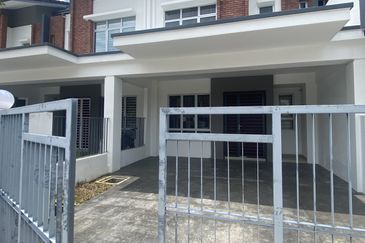
Livia @ Bandar Rimbayu
Telok Panglima Garang, Selangor

Chimes @ Bandar Rimbayu
Telok Panglima Garang, Selangor

Penduline @ Bandar Rimbayu
Telok Panglima Garang, Selangor

Penduline @ Bandar Rimbayu
Telok Panglima Garang, Selangor

Robin @ Bandar Rimbayu
Telok Panglima Garang, Selangor

D'Ambience Residences (Ikatan Flora), Bandar Baru Permas Jaya
Permas Jaya/Senibong, Johor
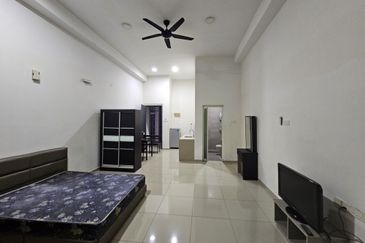
D'Carlton Seaview Residences (Seri Mega)
Masai, Johor
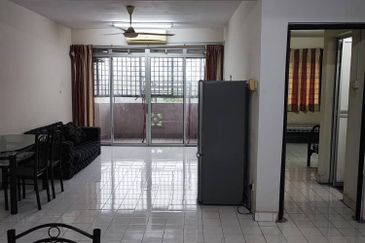
Apartment Tanjung Puteri Resort
Pasir Gudang, Johor


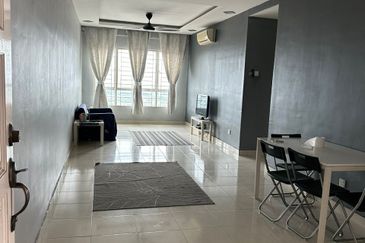


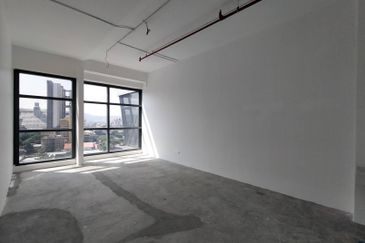
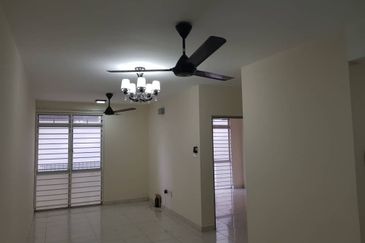





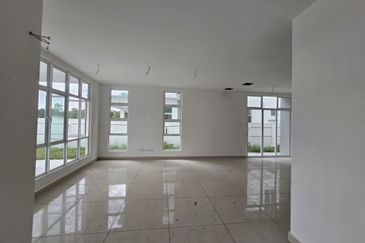
hero.jpg?GPem8xdIFjEDnmfAHjnS.4wbzvW8BrWw)



